Plants grown in nickel-contaminated soils have been made into catalysts that break down difficult-to-recycle plastics.
Polyethylene makes up 36% of all plastics and is resistant to high temperatures and pressure, mechanical force and chemical corrosion. These properties, while making polyethylene a useful material, mean this common plastic is very difficult to break down for recycling. Nickel can be used to make a catalyst to aid this process, but refining the metal from its ore emits greenhouse gasses, degrades the environment and poses health risks to those working on it. However, nickel can be extracted from metal-contaminated soils that cannot be used for agriculture.
Now, a collaboration between green chemistry and plant biology researchers at the University of York in the UK has used alyssum and willow grown in nickel-rich conditions to make a biologically bound catalyst using a one-step microwave-assisted pyrolysis process. The resulting catalyst can break down polyethylene (or mixed plastic waste) into hydrocarbons and hydrogen at around 250°C using microwaves, compared to thermal depolymerisation processes that use temperatures upwards of 400°C. This lower temperature method offers greater selectivity, explains James Clark, who led the research. ‘Depending on the temperature, the time and the amount of nickel you put into the plant … you can change the relative amount of hydrogen [and] the amount of small aromatic molecules rather than having predominantly long chain aliphatics.’
Clark highlights that an initial goal of the research was investigating soil remediation. ‘The real motivation for looking at nickel is because there’s a lot of land around the world that’s naturally contaminated with nickel … wherever you’ve got that happening the chances are you can’t do anything with that land; you can’t grow food, for example.’
One of the reasons the catalyst is highly effective is because the plant takes nickel up from the soil in a nanoparticulate form. ‘The nano form of metals is usually really good for catalysis and if you want to make those synthetically it’s really hard work,’ says Clark.
The work ‘shows the importance of combining scientific ecology and sustainable chemistry,’ comments Claude Grison, director of research at the Laboratory of Bio-inspired Chemistry and Ecological Innovations in France. ‘Metal hyperaccumulating plant species represent a substitute for mining extractions to produce useful and effective catalysts in many fields of organic synthesis.’
While nickel occurs naturally in some soil, having diffused up from the Earth’s crust, the team would like to investigate how the process could be used on soil contaminated with a mixture of chemicals. ‘If you have industrially contaminated soils … could we make this more selective in terms of what the plants take up?’ asks Clark. ‘Would it matter if [the plants] take up several things? Could you put it through the process and still end up with a viable catalyst?’
References
This article is open access
P Johar et al, RSC Sustain., 2023,1, 117 (DOI: 10.1039/d2su00001f)

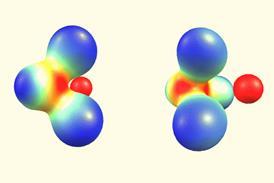

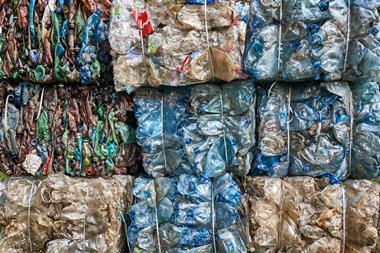
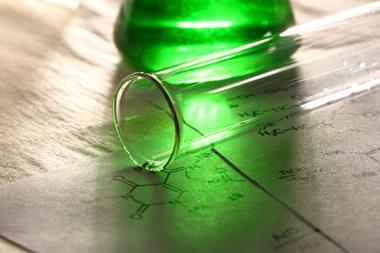

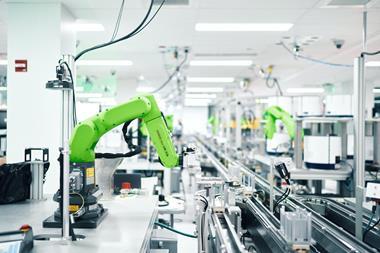
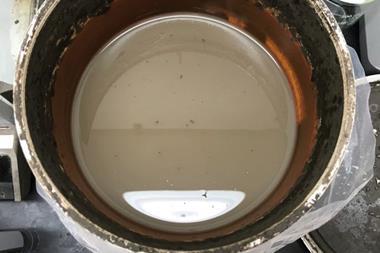
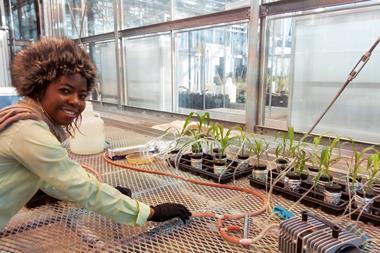
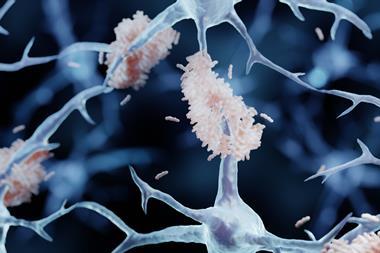
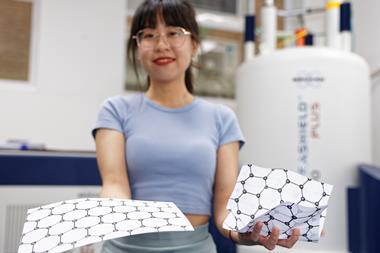
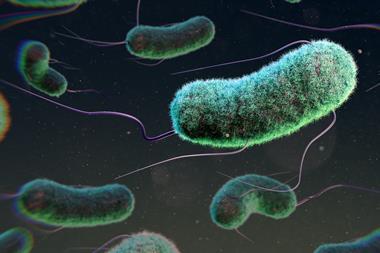

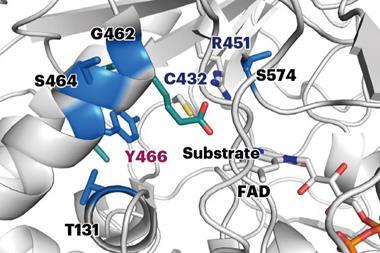

No comments yet